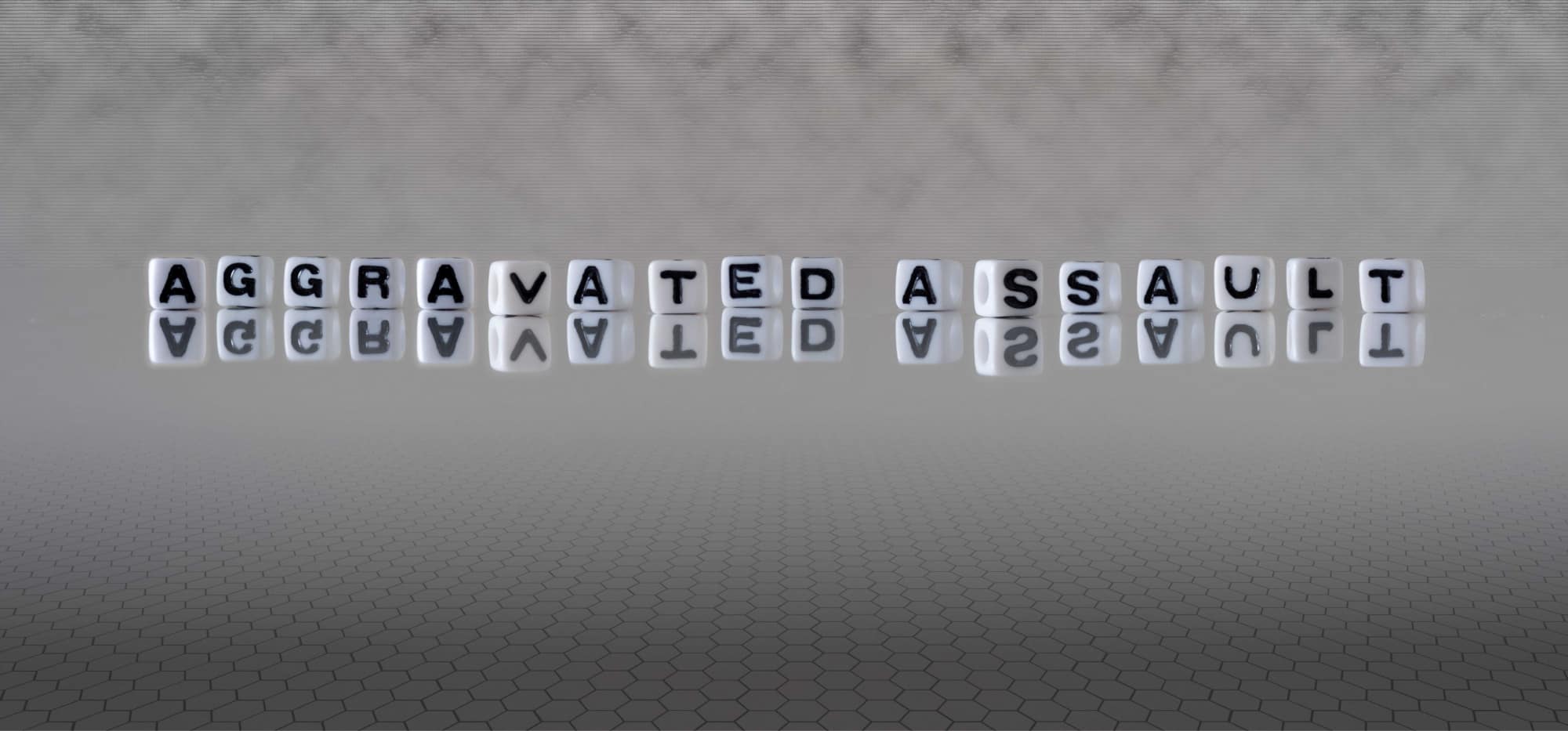- Free Consultation 24/7: (773) 908-9811 Tap Here To Call Us
The Difference Between Assault and Aggravated Assault in Illinois

In Illinois, the line between assault and aggravated assault often comes down to the presence of aggravating factors. While both offenses involve actions that place someone in fear of immediate harm, aggravated assault includes elements that make the conduct more harmful. If you are faced with an assault charge, a Chicago criminal defense lawyer can explain these distinctions and their consequences. The legal team at the Law Offices of Andrew Weisberg can assist you in separating the two cases and understanding your rights when facing criminal allegations in Chicago or anywhere in Illinois.
Defining Assault in Illinois
Under Illinois law, assault does not require physical contact or actual injury. Instead, it focuses on a person’s actions that cause someone else to reasonably fear they are about to suffer immediate physical harm. In other words, the crime is based on the threat or attempt, not the outcome.
Illinois statute defines assault as conduct that places another party in reasonable apprehension of receiving a battery. This means the other person must genuinely believe harm is about to occur, and that belief must be reasonable under the circumstances. The law looks at what a typical person would think in that situation, not just what the alleged victim claims they felt.
Assault can occur through words, gestures, or actions that communicate an intent to cause harm. For example, raising a fist, charging toward someone, or making threatening statements during an argument can all be considered assault if they create that immediate fear. Even though no physical contact occurs, the offense is still taken seriously, especially when it creates a situation that could escalate into violence.
Aggravated Assault in Illinois
Aggravated assault is a serious type of assault under Illinois law. It occurs when a person commits an assault under circumstances that make the conduct more dangerous, more threatening, or more harmful than a standard assault. These circumstances are known as aggravating factors and are what transform a simple misdemeanor into a far more serious criminal charge.
Illinois law outlines several situations that qualify as aggravating. These may include using or displaying a weapon, causing or threatening more severe injury, targeting certain protected individuals, or committing the assault in specific locations such as public property, schools, or places of worship. The presence of any qualifying factor increases both the scope of the offense and the potential penalties.
Unlike simple assault, which is usually charged as a Class C misdemeanor, aggravated assault can be charged as a Class A misdemeanor or a felony depending on the specific conduct involved. Because of this, an aggravated assault allegation carries significantly higher stakes.

Factors That Influence Charges
When prosecutors determine whether someone will face charges for assault or aggravated assault in Illinois, they look closely at the facts surrounding the incident. Several key factors can elevate what would otherwise be a misdemeanor into a more serious offense. The key influencing factors include:
Use of a Weapon
The presence of any type of weapon, whether real or implied, can immediately escalate the charge. Firearms, knives, blunt objects, or even everyday items used in a threatening way increase the level of danger and the perceived intention to cause harm. Illinois law treats the display of a weapon very seriously, even if no physical contact occurs.
Severity of Injury
Although assault does not require actual physical harm, the threat or attempt that realistically suggests a higher degree of injury can elevate the charge. Acts that imply the potential for significant bodily harm, such as swinging a metal object, driving a vehicle at someone, or making threats while physically cornering a person, can lead to aggravated assault accusations.
Victim’s Status
The identity of the alleged victim plays a major role. Illinois provides increased legal protection for certain groups, including law enforcement officers, teachers, public employees, correctional officers, transit workers, emergency responders, and individuals with disabilities. If the person targeted falls into one of these categories, the charge becomes more severe by default.
Prior Criminal History
A defendant’s prior record can also influence charging decisions and potential penalties. Repeat offenses, prior violent conduct, or a history of similar incidents may cause prosecutors to pursue harsher charges or enhanced sentencing. While the act itself determines the offense, a person’s background can impact how aggressively the case is handled.

Protect Your Rights and Future
Facing an assault or aggravated assault charge in Illinois can have immediate and long-lasting consequences. Even a simple allegation can affect your job, your reputation, and your freedom. The more serious the charge, the higher the stakes. Luckily, a Chicago criminal defense attorney at Law Offices of Andrew Weisberg can help you understand the nature of your case and negotiate a reduction in charges. If you are facing assault-related allegations, call us today at 773-908-9811 or reach out online as soon as possible to learn your options.




















